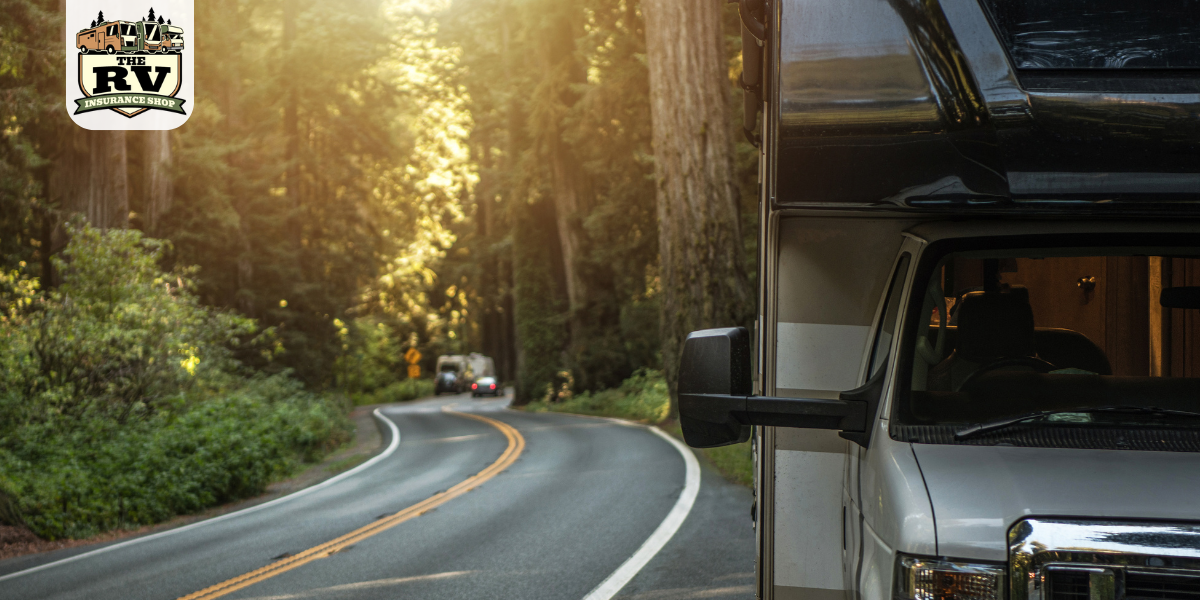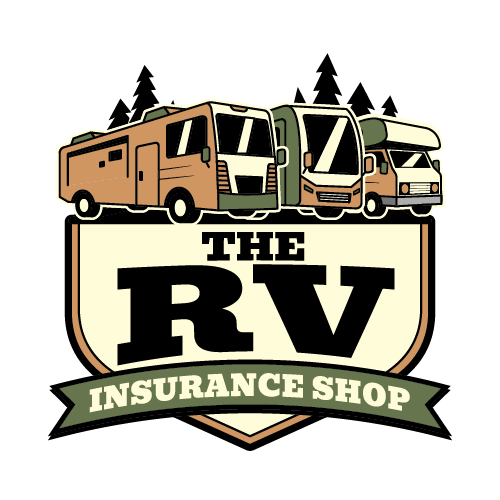Class C Motorhome Insurance Costs: Factors That Affect Your Premium and How to Save

Class C motorhomes are a popular choice for RV enthusiasts due to their size, versatility, and ease of driving compared to larger Class A motorhomes. However, just like any other vehicle on the road, insuring a Class C motorhome is essential for both legal and financial reasons. Understanding the factors that influence the cost of insurance and how you can save on premiums is vital for making an informed decision. This article will break down the main factors that affect Class C motorhome insurance costs and offer tips on how to save money without sacrificing coverage.
What Is a Class C Motorhome?
Before diving into the specifics of insurance costs, it’s important to understand what distinguishes a Class C motorhome. Class C motorhomes are built on a truck or van chassis and typically have an overhead cab space, which is often used for sleeping quarters. These motorhomes are smaller than Class A RVs but larger than Class B motorhomes (often called campervans), making them a great option for families or those who want more space without driving a bus-sized vehicle.
Because they are motorized and are driven on the road, Class C motorhomes require their own insurance policy, much like an automobile. This means that insurance for a Class C motorhome is more similar to auto insurance than it is to insurance for towable RVs like travel trailers.
Factors That Affect Class C Motorhome Insurance Costs
The cost of insurance for a Class C motorhome can vary widely depending on several factors. Here’s a look at the key considerations that influence your premium:
1. Value of the Motorhome
The value of your Class C motorhome is one of the most significant factors affecting your insurance premium. Newer and more expensive motorhomes generally have higher premiums because they cost more to repair or replace in the event of a claim. If your motorhome is equipped with luxury features or custom upgrades, this can further increase its value—and thus, your insurance costs.
If you have a used or older Class C motorhome, your premiums may be lower, but you might want to consider additional coverage options such as agreed-value or replacement cost coverage to ensure that you’re fully reimbursed in the event of a total loss.
2. Coverage Limits and Deductibles
The type and amount of coverage you select will also have a major impact on your insurance costs. The basic coverage for motorhomes typically includes liability coverage, which is required by law in most states. However, you can (and often should) opt for additional types of coverage, such as:
- Comprehensive coverage: Protects against non-collision incidents, such as theft, fire, or storm damage.
- Collision coverage: Covers the cost of repairs or replacement if your motorhome is involved in an accident.
- Personal property coverage: Protects the belongings you store in your motorhome, which can be particularly valuable if you’re using your motorhome for extended travel or full-time living.
- Vacation liability coverage: Covers accidents or injuries that occur while you’re using your motorhome as a temporary residence at a campsite or park.
Raising your deductible—meaning the amount you pay out of pocket before insurance kicks in—can help lower your premium. However, be sure to choose a deductible that you can comfortably afford in the event of a claim.
3. How You Use the Motorhome
Insurance companies will factor in how you use your Class C motorhome when calculating your premium. If you only use your RV for occasional vacations or weekend getaways, your premium may be lower than if you live in it full-time. Full-time RVers typically need more extensive coverage, such as personal liability coverage (similar to homeowners insurance) and higher limits for personal property coverage.
Additionally, if you store your motorhome in a secure, covered location during the off-season, you may be eligible for a reduced premium since the risk of damage or theft is lower.
4. Your Driving Record
Just like with auto insurance, your driving history plays a significant role in determining the cost of your Class C motorhome insurance. If you have a clean driving record with no recent accidents or traffic violations, you’re likely to receive a lower rate. On the other hand, if you have a history of speeding tickets, DUIs, or at-fault accidents, your premium will likely be higher.
Some insurance companies may offer discounts for completing a defensive driving course or a specialized RV driving course, which can help lower your premium.
5. Location
Where you store and primarily drive your motorhome can also impact your insurance premium. If you live in an area prone to extreme weather, such as hurricanes or tornadoes, your insurance costs may be higher due to the increased risk of weather-related damage. Similarly, areas with high rates of vehicle theft or vandalism can result in higher premiums.
If you’re a snowbird who spends part of the year in one state and the rest of the year in another, be sure to inform your insurance company, as rates can vary significantly by state. Some states, such as California or Florida, may have higher insurance costs due to their population density and road conditions.
6. Age and Experience of the Driver
Younger and less experienced drivers often face higher insurance premiums. If you’re a new RV owner or have limited experience driving a motorhome, your insurance company may view you as a higher risk, which can result in higher premiums. On the other hand, mature drivers with years of experience may qualify for discounts.
7. Additional Safety Features
Motorhomes with advanced safety features, such as anti-theft devices, backup cameras, or automatic braking systems, may qualify for lower premiums. These features reduce the risk of accidents and theft, making your vehicle less costly to insure.
How to Save on Class C Motorhome Insurance
While several factors contribute to the cost of Class C motorhome insurance, there are ways to save on premiums without sacrificing coverage. Here are some tips:
1. Shop Around for Quotes
Insurance premiums can vary significantly between providers, so it’s important to get multiple quotes before choosing a policy. Some companies specialize in RV insurance and may offer more competitive rates or better coverage options. Be sure to compare not only the price but also the coverage limits and exclusions.
2. Bundle Policies
Many insurance companies offer discounts for bundling your RV insurance with other policies, such as auto or homeowner’s insurance. This can result in significant savings, especially if you’re insuring multiple vehicles or properties with the same company.
3. Increase Your Deductible
As mentioned earlier, increasing your deductible can lower your premium. Just be sure that the deductible is an amount you’re comfortable paying out of pocket in the event of a claim. Raising the deductible from $500 to $1,000, for example, can result in noticeable savings on your monthly premiums.
4. Take Advantage of Discounts
Many insurance companies offer discounts for a variety of reasons, including:
- Being a member of an RV club or association
- Storing your RV in a secure location
- Having safety features installed on your motorhome
- Completing a defensive driving course or RV driving class
Ask your insurance provider about available discounts, as they may not always be advertised.
5. Pay Annually Instead of Monthly
Some insurance companies offer discounts if you pay your premium in full for the year rather than in monthly installments. While this requires a larger upfront payment, it can save you money in the long run.
Conclusion
Class C motorhome insurance costs can vary based on numerous factors, including the value of your motorhome, how you use it, and your driving history. By understanding these factors and taking advantage of potential discounts, you can find a policy that provides the coverage you need without breaking the bank. Whether you’re a weekend traveler or a full-time RVer, having the right insurance ensures that you can hit the road with confidence, knowing that your motorhome and your investment are protected.

